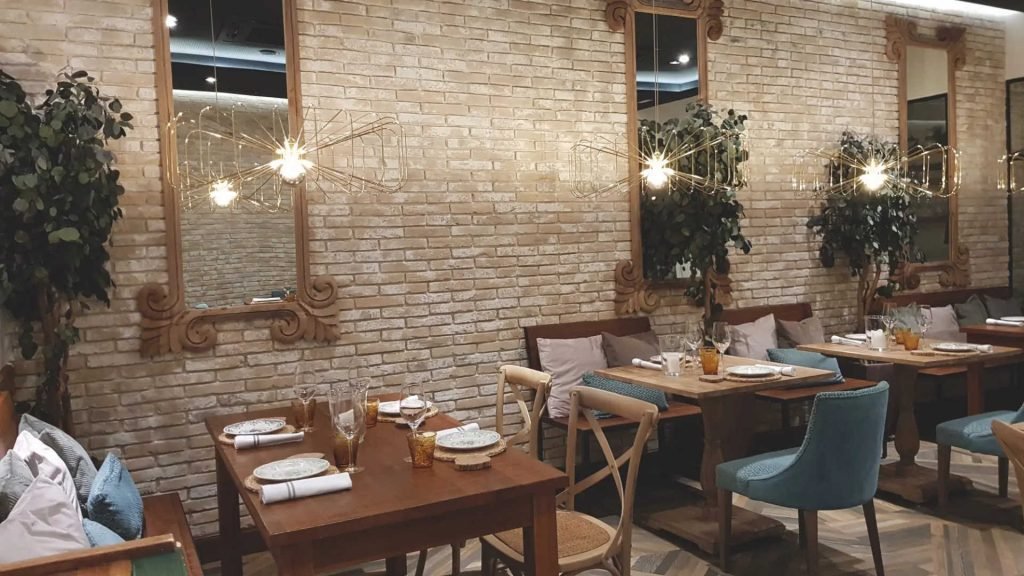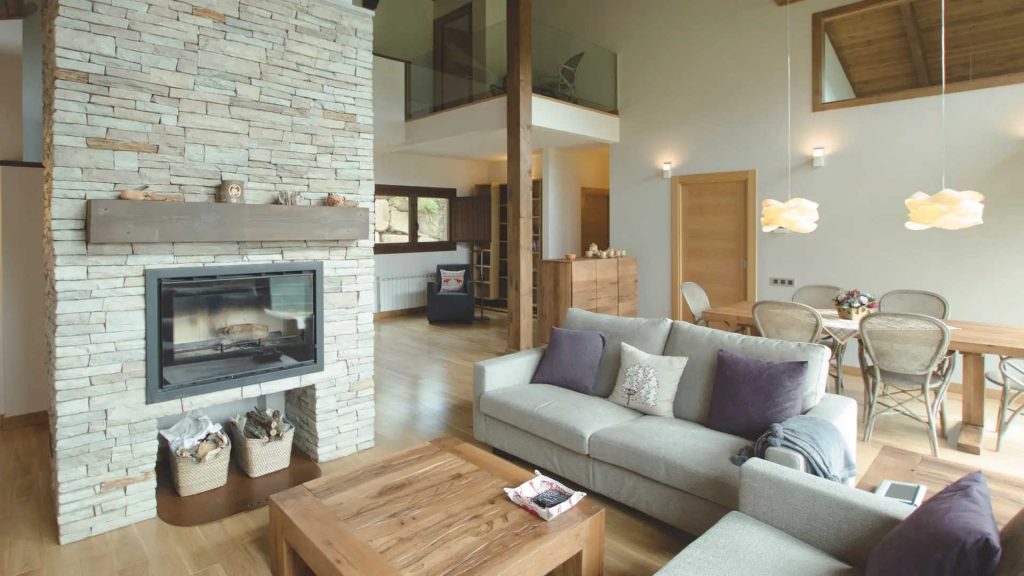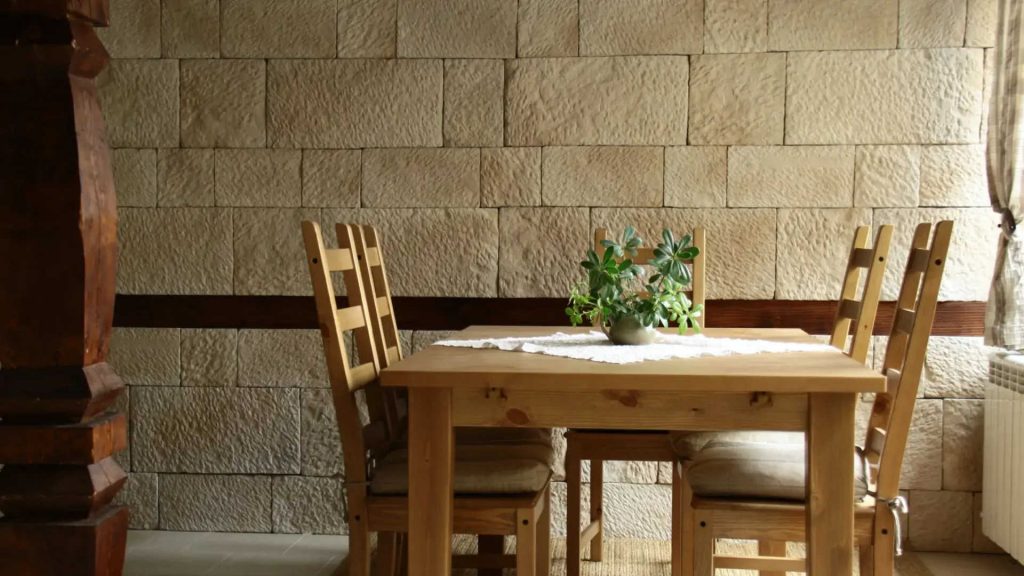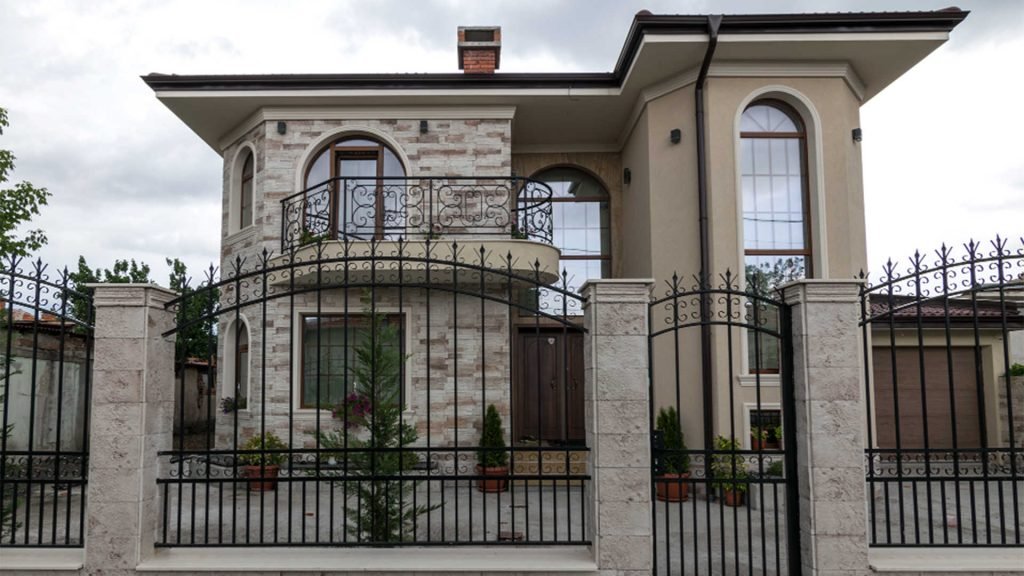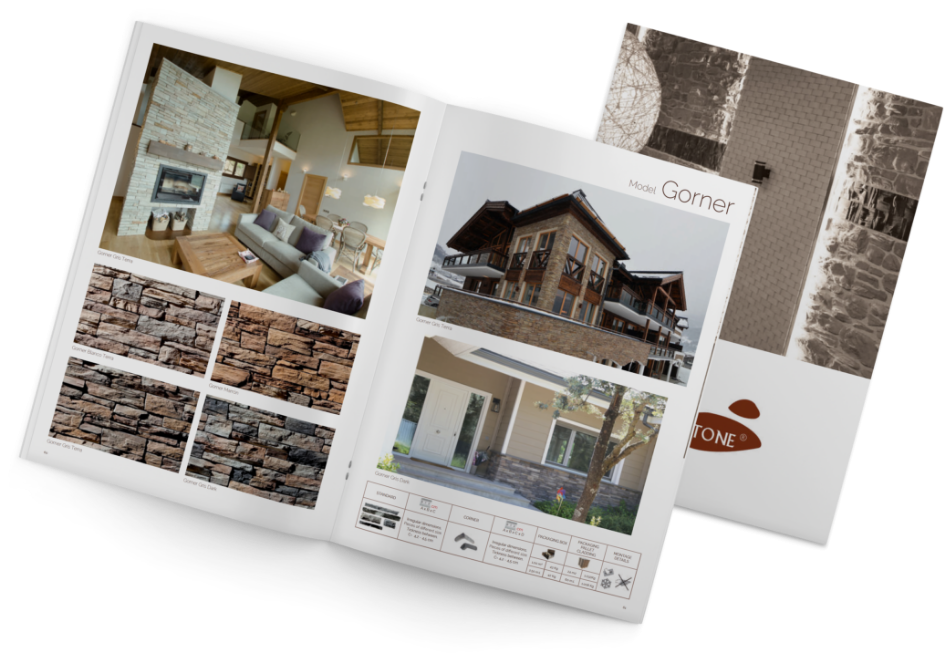Energy efficiency: innovation and energy savings in the construction of homes
Today, finding solutions that enable better energy efficiency in building projects has become an essential requirement. Increasingly, the rising cost of energy drives the need to find and adopt new formulas for sustainable construction in order to maximise energy savings in homes.
Climate change and the continuous increases in energy costs have brought about a new European Directive 2010/31/EU, in which, from 2020, all member states are obliged to do whatever is required to make all new-builds low energy consumption.
Energy efficiency in construction
The choice of building materials is a key factor when achieving and implementing optimal energy efficiency in buildings and homes. This new scenario has made companies aim towards sustainable construction by targeting resources and efforts to develop new and efficient technologies and innovative production processes.
Energy efficiency has become a priority in the route map of the main manufacturers within the sector.
Companies are seeking to reduce energy consumption in manufacturing processes, avoiding the manufacture of non-recyclable or contaminating materials. This implies a production system that is sustainable and respects the environment. They opt for a productivity model that prioritises energy savings in the manufacturing process and avoids the production on contaminating residues.
Companies opt for eco-friendly building materials that contribute to a more sustainable construction that endures the passing of time and safeguards the environment. Choosing a sustainable production process is vital for achieving a better energy performance throughout the useful life of a building.
When carrying out any construction project, the aim is to achieve a building with high energy-efficiency.
Energy saving in homes
There are many ways to save energy and improve energy efficiency in homes by reducing their environmental impact and energy costs. Although there are various factors that impact on energy efficiency, the most important of these has to do with the construction of homes. The quality of materials, the techniques used, the structure and insulation will determine their subsequent energy performance.
Using thermal insulation in walls, roofs, windows and floors may represent an energy reduction of between 35 and 70 percent. It is estimated that 35% of heat is lost through walls, 25% through roofs and 20% through windows and floors. In summary, a good building and a good design are necessary to optimise energy efficiency in homes.
At Thermostone, we work towards making all our products and production processes sustainable and respectful of the environment. Our mission is to provide sustainable and eco-friendly solutions that contribute to reduced energy consumption in homes.
The link between innovative solutions focussing on energy efficiency in homes, such as the use of renewable energy and resources, highly-resistant concrete or thermal insulation systems like the Sate System, contribute to making it possible to have energy efficiency in homes
The savings benefits of energy consumption in homes are incalculable. To the economic savings, one should add the reduction of contamination, which results in a social benefit, particularly an environmental one which will allow us to have greater resource availability for longer.


